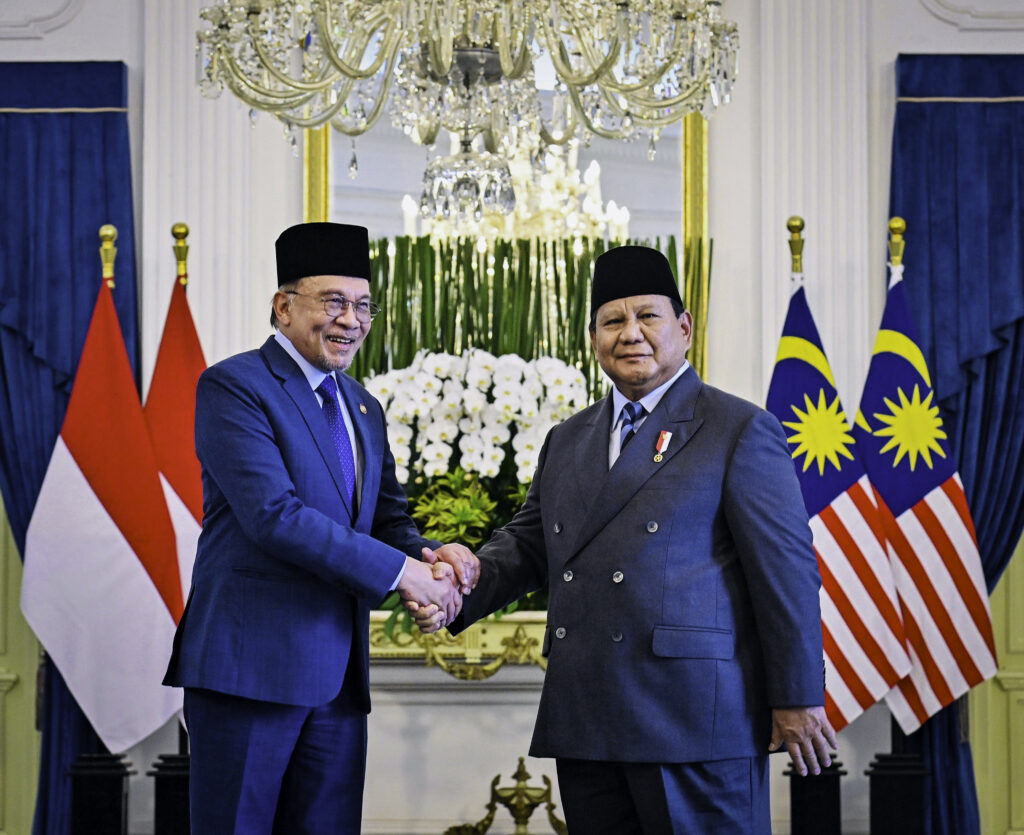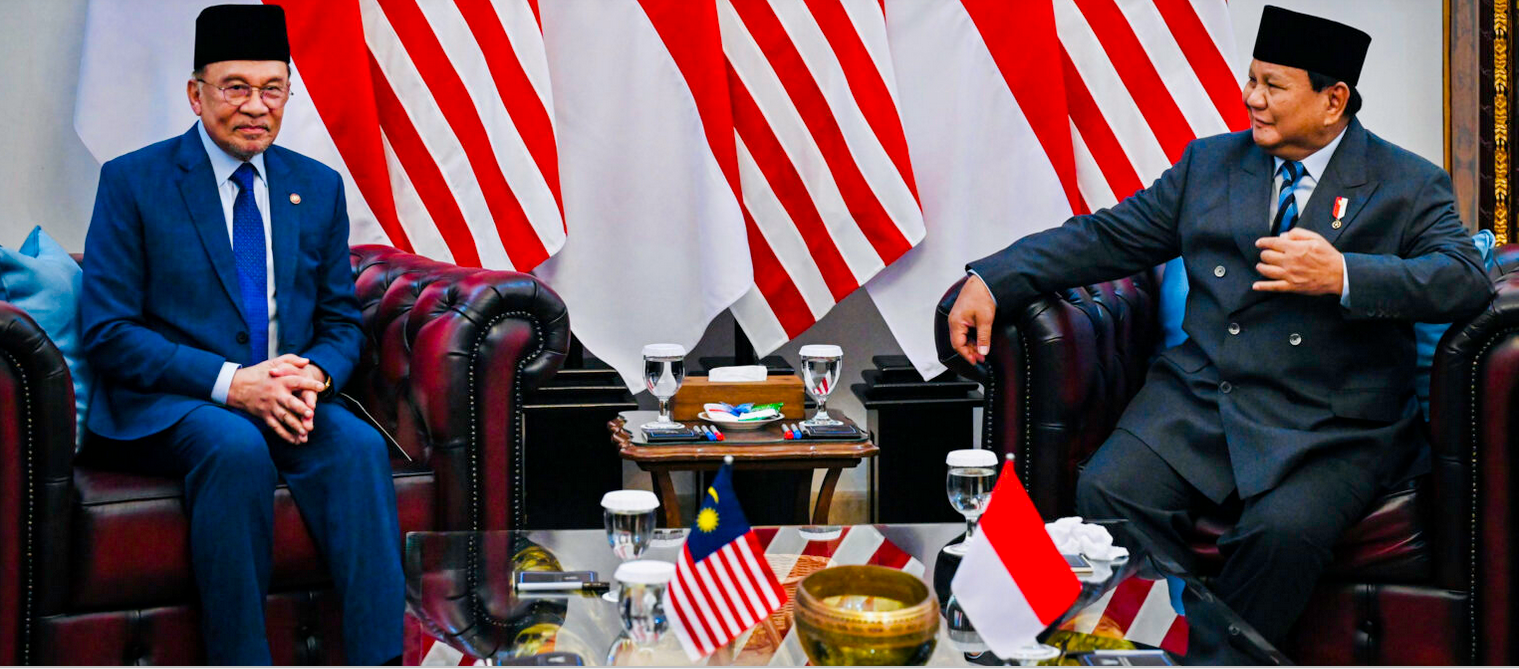Trade Minister: Implementation of RCEP Agreement to Boost Indonesian Exports

President Jokowi and Trade Minister Agus Suparmanto after the signing of RCEP agreement, at the Bogor Presidential Palace, West Java, Sunday (15/11). (Photo by: Presidential Secretariat Press Bureau/Muchlis)
The implementation of Regional Comprehensive Economic Partnership (RCEP) agreement will bring benefits to Indonesian business players to boost export of their products, Minister of Trade Agus Suparmanto has said, Tuesday (1/12).
“Our business players, either small or big, can get benefits from the implementation of RCEP agreement. They can export their products to RCEP participating countries without having to provide different certificates of origin (SKA) for their products. As long as the same products meet the origin criteria as stipulated in the agreement, our business players only need to have RCEP’s certificate of origin to export one product to all RCEP countries,” the Minister said.
The Minister went on to say that if Indonesian the business players can take maximum advantage of this opportunity, the country’s export will significantly increase.
Another benefit for business players is the spill-over effect. Indonesia can use this effect to boost its export by 7.2 percent. In addition, by taking advantage of the free trade agreement (FTA) with by RCEP member and non-member countries, Indonesian products can also make use of preferential schemes to non RCEP countries.
The Minister further said that export of some products, such as plant-based fibers, paper and pulp, rubber and rubber products, several mineral and metal products, gas and electricity services, wood products, and food products including fishery products can be increased thanks to the implementation of RCEP agreement.
Indonesia is expected to take the opportunities offered by some agreements, including the RCEP agreement. However, to take maximum advantage of it, the country’s competitiveness must be greater than other countries.
In 2019, the total of non-oil and gas exports to RCEP countries represented 56.5 percent of Indonesia’s global exports, which is US$84.4 billion. Meanwhile, the import from RCEP countries represents 65.8 percent of Indonesia’s total imports, which is US$102 billion.
“Therefore, the RCEP agreement has the potential to strengthen our trade with fellow member countries and expand Indonesia’s role in global value chains,” he added. (PR of Trade Ministry/UN Public Relations) (RIF/MMB)








